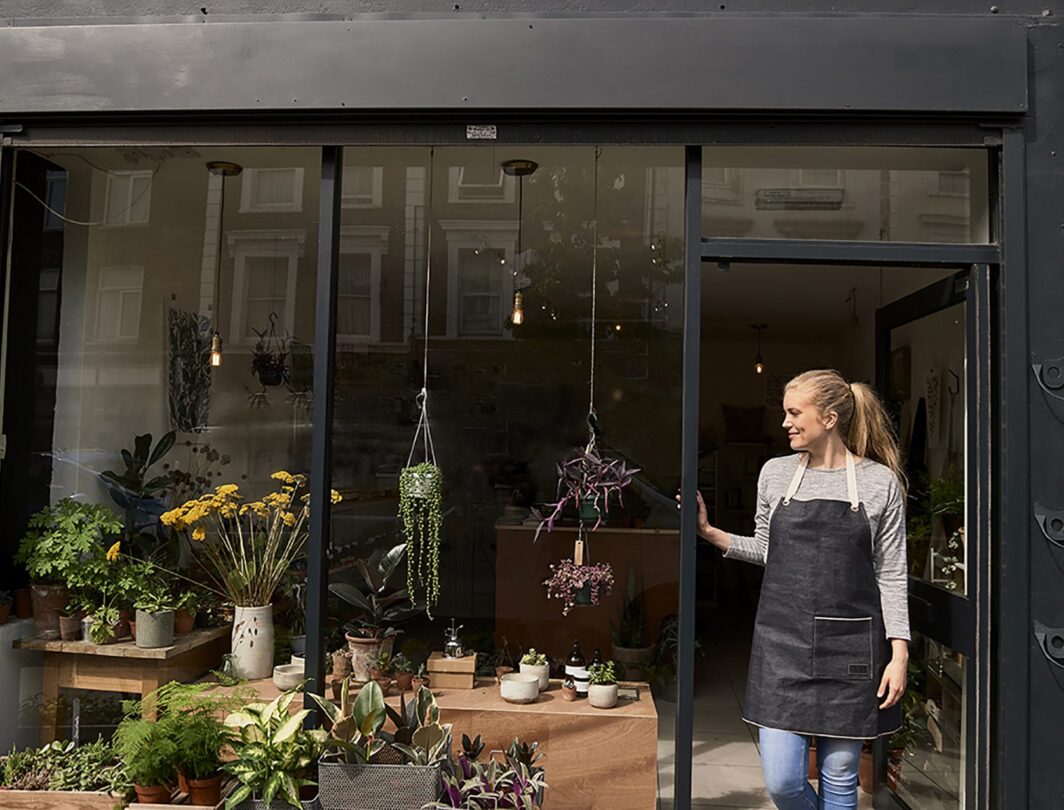Pop-up shops: How opening one could help your business

There’s a buzz around pop-up shops right now. So what are they and why could they be a great option for your business? Read this article to learn about pop-up shops, why you should think about setting one up, and tips for finding the right location.
What are pop-up shops?
Pop-up shop are simply temporary stores. They are in place for a limited time only. The shops may be located in traditional retail venues or tied to specific events or areas. They may appear for only a day or two, or be around to make the most of seasonal trends.
Businesses of all sizes are using pop-up shops to extend their brands and appeal to a wider audience. Independent shops might use them to showcase a new product or trial a new area. Large businesses may use pop-up shops to test a new approach and win new fans in the process.
Anyone from the likes of Nike and Coca-Cola to local bakeries and artisan chocolatiers have set them up. Why not follow suit?
Why should you set up a pop-up shop?
Pop-up shops are a great way to test your business idea. For example, smoothie maker Innocent originally started as a pop-up shop. They took a stall at a music festival and asked people if they thought they should give up their jobs to make smoothies by dropping their empties into two bins marked “yes” and “no”. As the “yes” bin filled up, they knew they had a potential market for their drinks.
Pop-up shops can also be a great way of generating interest in your new business and getting you noticed. Setting up in a quirky location, or doing something new can be a good way to generate PR interest. And, of course, they’re a good way to sell stuff and make money.
One of the biggest advantages of pop-up shops is they’re low cost. They are typically 80% less than you pay to buy or lease traditional retail space long term. So a pop-up business gives you a way of trying something new without tying up your cash flow.
Five top tips for setting up a pop-up shop
1. Choose your location carefully
Ideally, it will be somewhere with a high footfall, so you can make the most of passing trade. Events can be good for crowds but consider the theme and audience. Is it a natural fit for your business? Will it attract your target market?
Also, is there another relevant business nearby or is there a natural link up? For example, a jewellery business might set up a pop-up shop in a hairdresser’s salon, or cheese makers could offer tastings at a local deli.
But be creative. Pop-up shops don’t have to be in traditional retail spaces. Is there a hall, community, or other space that you could use? Remember, you’re looking for low or no-cost premises, so be inventive.
2. Use marketing to create a buzz
How will people find out about your pop-up business? Make the most of social media, and free marketing, but also think about flyers or advertising in the local area in advance.
Pop-up shops are only around for a short time, so how can you make the most of this? Do you want to offer a special price, or a limited edition product?
Think about how you can encourage customers to spread the word too. Can you offer a discount to your Twitter followers? Or give out a special code or password that lets them get something more. And don’t forget business cards and other items that people can take away to keep you in mind for the future.
3. Do your research
A pop-up shop is a great way to give your customers chance to touch, feel or taste your products. How can you make the most of that experience and build your brand?
Even if your focus is selling online, a pop-up shop can be a valuable opportunity to introduce new products and test them out.
Make sure you get customer feedback. What do they like? What do they not like? What do they think of your prices? Ask questions and give them the opportunity to add their feedback.
And remember, if it’s your business, your customers are buying into you too, so tell your story. Interesting and attractive materials explaining more about your company are a great way to start a conversation.
4. Test the market
If you know your target market, can you take your business to them? For example, if you have a range of clothing that would appeal to the young and trendy, can you get a pitch on a university or college campus?
Once you’ve set up your pop-up business, use it to test your skills. How do you display and market your products? How do you sell them? How do you take payments? Think about what works well and what you could do better.
5. Don’t forget the details
Just because you’re setting up a pop-up shop doesn’t mean you should neglect the details. Goods are still covered under the Sale of Goods Act. So consider what you’ll do if there’s a problem or someone wants to return an item they’ve bought. You’ll also need to think about health and safety implications.
If you’re thinking of employing staff, what will they need to know? What kind of standards of dress and behaviour do you expect? Do you always have to be there, or can you trust them to look after your business as well as you do?






Ask the author a question or share your advice